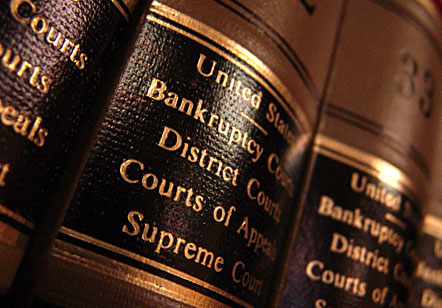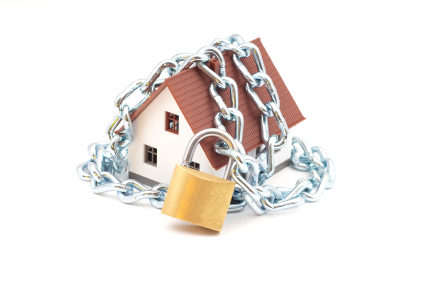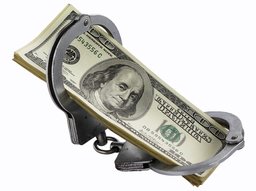 As a Jacksonville Bankruptcy Attorney, I have situations all the time when clients ask whether or not they have to list all their property, or more specifically, how accurate do I need to be? Well the answer to that question is a person filing Bankruptcy should be VERY specific and detailed when filing their voluntary petition. This is best explained by a hypothetical situation.
As a Jacksonville Bankruptcy Attorney, I have situations all the time when clients ask whether or not they have to list all their property, or more specifically, how accurate do I need to be? Well the answer to that question is a person filing Bankruptcy should be VERY specific and detailed when filing their voluntary petition. This is best explained by a hypothetical situation.
You are a Florida resident and have decided to file for Bankruptcy. You seek the guidance and advice of a local Jacksonville Bankruptcy Attorney. During your meetings you disclose your personal property but leave out some valuables because you don’t want to run the risk of loosing them to the Court. Next, you attend the required 341 hearing and swear under oath all your personal property is listed. The Bankruptcy continues, however, one day you return to your home to find it completely empty. The bank has come and cleaned out the house, in violation of the law. You go to your attorney who advises you to create a list of all the items missing. Upon inspection, your attorney discovers you have not listed all your personal property in the voluntary petition. He questions you. What happens now?
The answer is not as straightforward as one would hope. The client believes they will just file suit for the missing items and move on. However, several issues arise. First, you lied to your attorney and used their services to perpetrate fraud on the Court. They may choose to end representation because of your actions. Next, you lied to the Court, therefore, you committed perjury and your Bankruptcy may be thrown out. So, you could be left in a worse position then you would have been in the first place. Also, the property you didn’t list could be exempt for one reason or another, so your actions were for nothing!
 Jacksonville Bankruptcy Lawyer Blog
Jacksonville Bankruptcy Lawyer Blog








